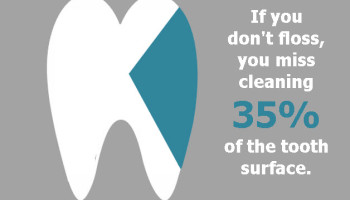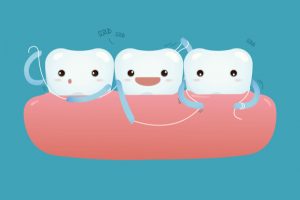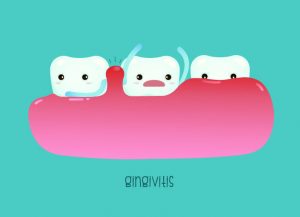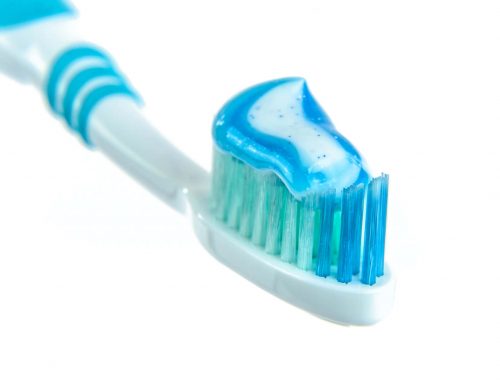Why Floss Your Teeth? Here are the facts.
May 15, 2018
Facts About Flossing Your Teeth
Floss removes food trapped between the teeth and the film of bacteria that forms there before it turns into plaque, which can cause inflamed gums (gingivitis), cavities and tooth loss. Approximately 31% of Americans don’t floss everyday.
FLOSS EVERYDAY, its good for your health.
The 5 Biggest Flossing Mistakes People Make
- You don’t floss everyday
- You Can get gum disease within 24 hours if you don’t clean your teeth well. Your salivary glands, which help neutralize bacteria, slow down while you sleep, so floss every night before bed.
- You snap the floss
- Snapping the floss into your gums can detach gum tissue from your teeth. Instead, gently glide the floss. If you have trouble, try floss designed specifically for tight teeth.
3. You saw the floss
- If you simply thread the floss in and out, you wont get into the crevice between gum and tooth which harbors bacteria that cause gum disease. So hold the floss in a C shape and cup each tooth.
4. You floss with anything but floss
- If you floss with your fingernails, paper clips or other sharp objects, you risk gouging your gums and causing damage. Your no. 1 tool: Dental floss — waxed or unwaxed.
5. You think brushing works better
- If it came down tone or the other, the choice is simple: floss. The majority of gum disease begins between the teeth and flossing is the only way to effectively reach that area.
Research has linked gum disease to an increased risk of heart disease. Some researchers think its because mouth infections can up the levels of inflammatory substances in the blood and promote clots and slow blood flow to the heart. Others believe bacteria from a mouth infection can enter the bloodstream and impact your cardiovascular system.
"The best floss out there is the floss that gets used."







